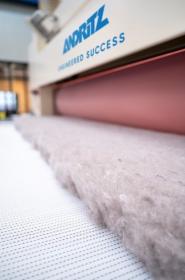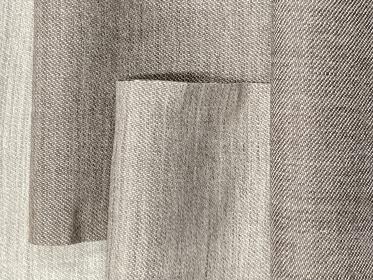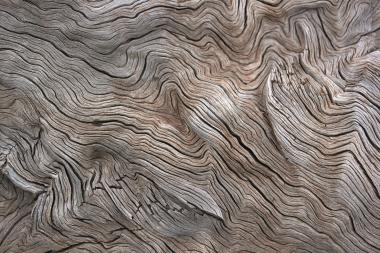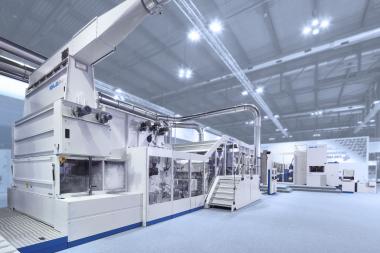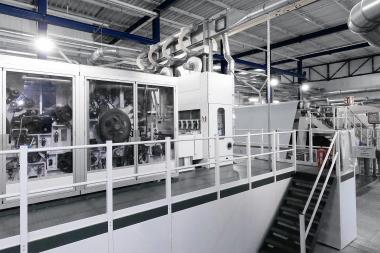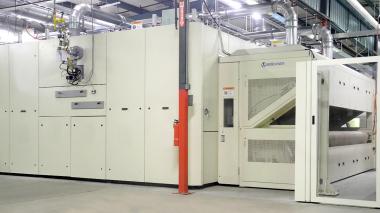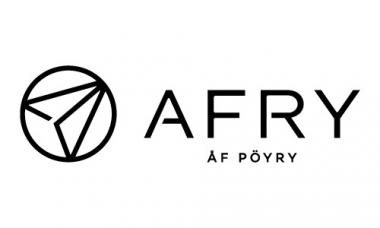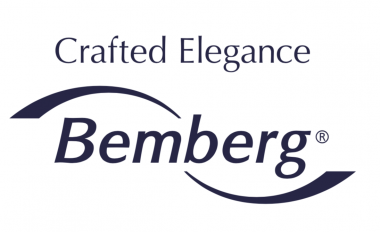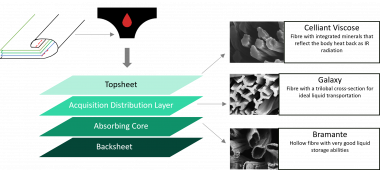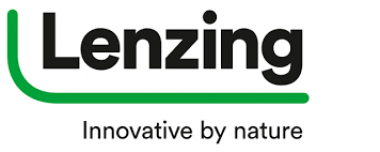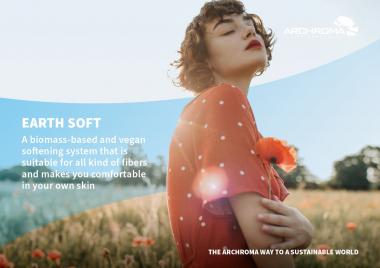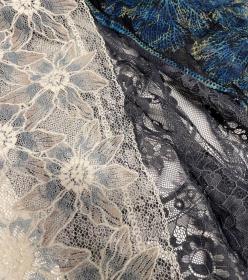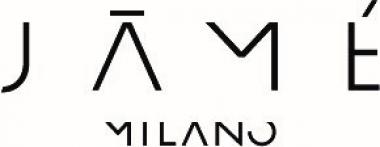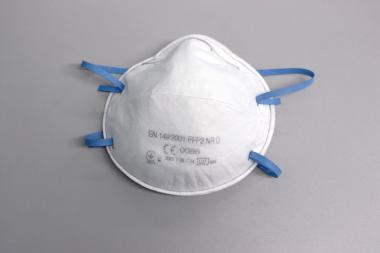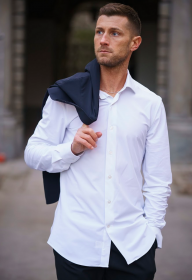ANDRITZ at IDEA 2022
International technology group ANDRITZ will be presenting its innovative nonwovens production and textile solutions at IDEA 2022 in Miami, USA, from March 29 to 31. The broad ANDRITZ product portfolio covers nonwovens and textile production technologies such as air-through bonding, airlay, needlepunch, spunlace, spunbond, wetlaid/WetlaceTM, converting, textile finishing, recycling, and natural fiber processing.
A special highlight for IDEA is the virtual booth called the “ANDRITZ Teleport”. For customers who cannot travel to Miami due to the travel restrictions, ANDRITZ offers the opportunity to enter this booth and discover technologies, obtain the latest marketing material and press information, and meet the ANDRITZ team.
See attached document for more information on product portfolio.


